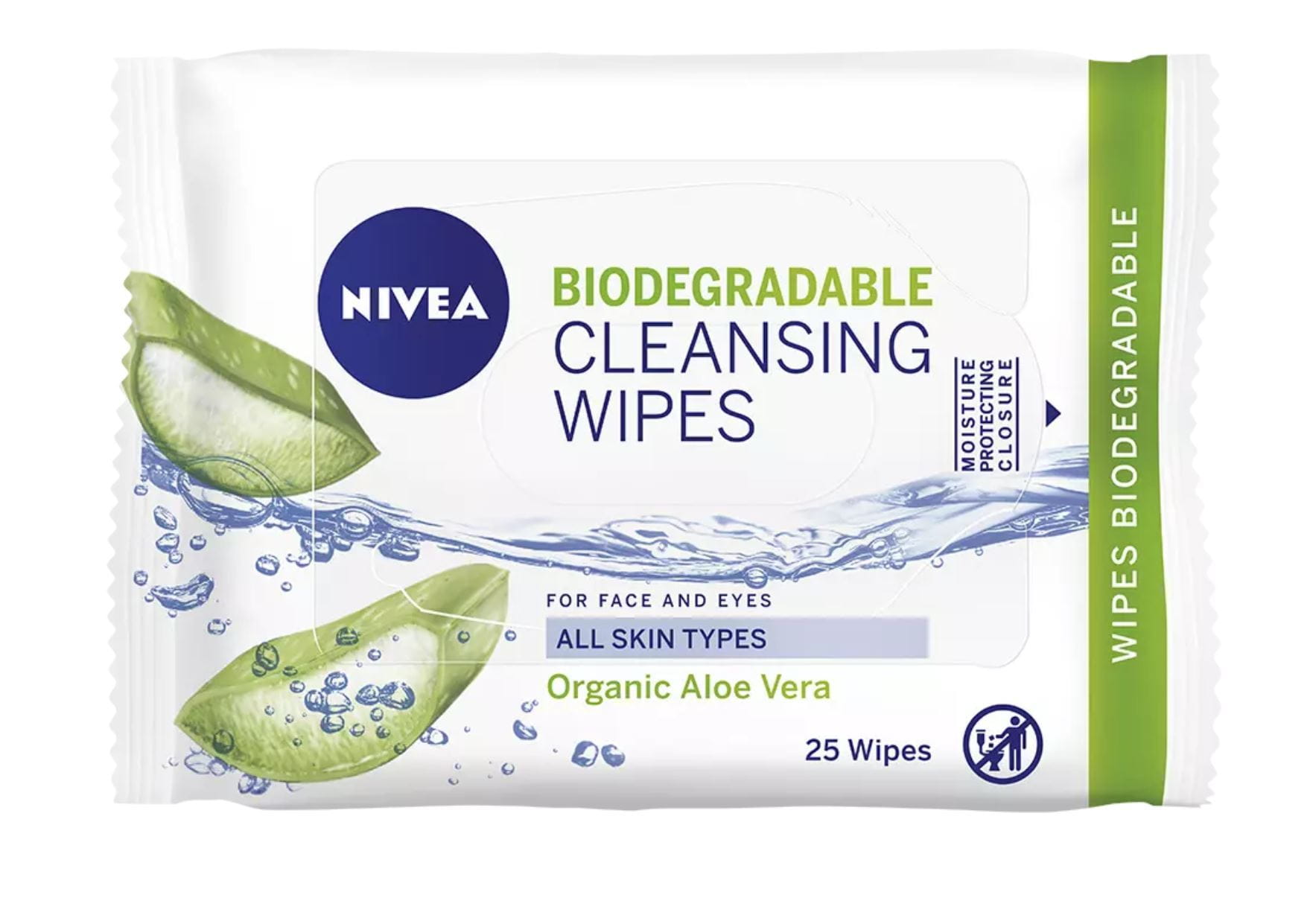What are biodegradable wet wipes?
How do they work?
As with most things these days, regular wet wipes contain plastic, and this plastic is harmful to our environment as well as marine life if not disposed of correctly, because these wet wipes find their way into our oceans and contribute to the global epidemic that is sea pollution.
Biodegradable wipes have been created to combat this issue, and provide an eco-friendly alternative that won't have as great an impact on our environment. Biodegradable wet wipes and biodegradable baby wipes are often plant-based which is why they are less harmful to the environment.
What impact do wet wipes have on the environment?
Waste of any kind is bad for the environment, but wet wipes have proved to be particularly bad because of the volume at which they're used and incorrectly disposed of, with people not realising the effect they have on the environment when this happens.
The U.K. have seen a number of instances in recent years of this:
The U.K. have seen a number of instances in recent years of this:


